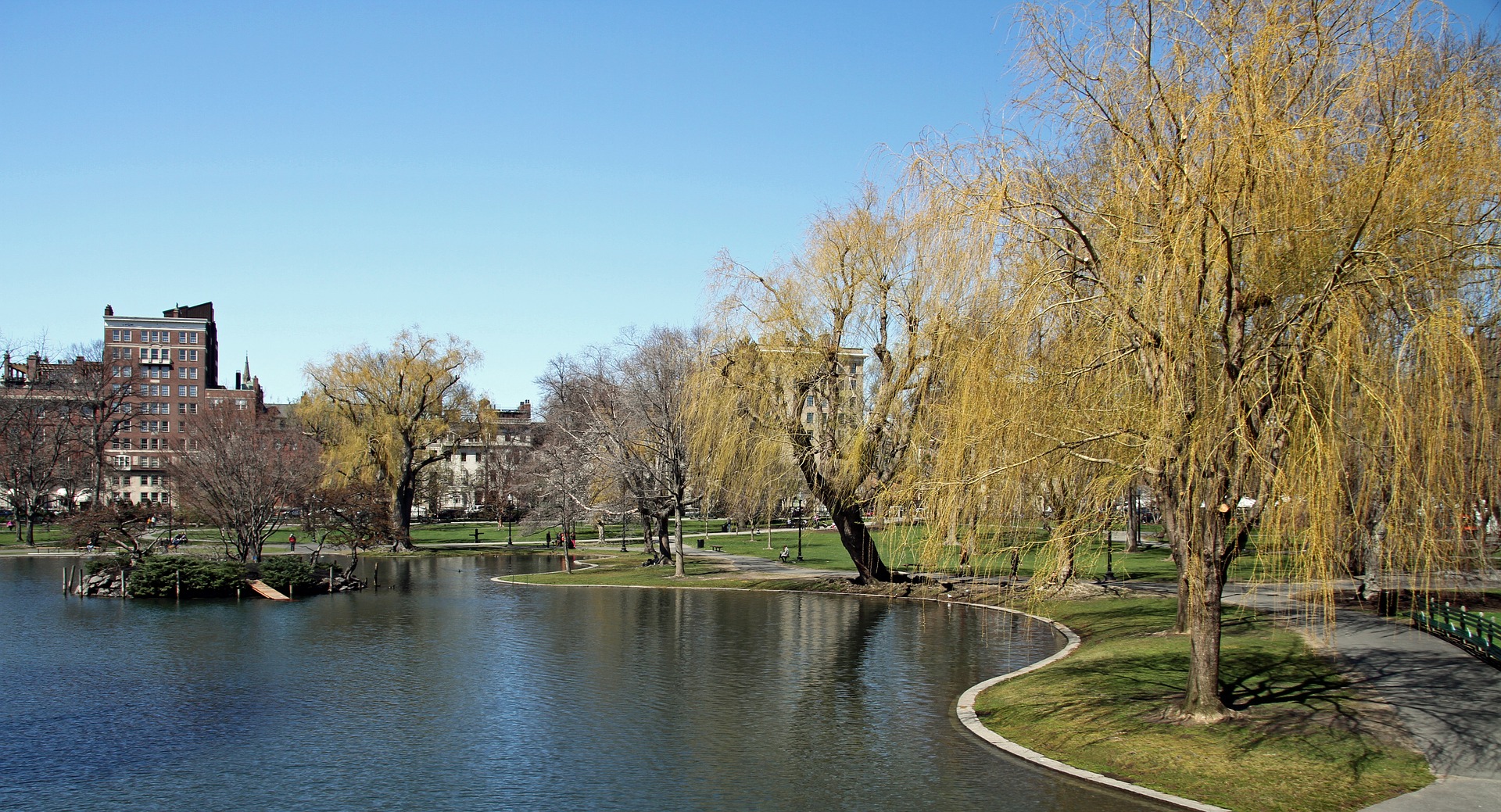5 Essential Tips for Moving Long Distance from Orlando to Boston
Several tips are crucial when you are moving long-distance from Orlando to Boston.
1. Time
The first tip is to make sure that you give yourself lots of time as there are a lot of steps involved in planning and executing this type of move. Most of the time, it is advisable that it only takes about eight weeks for a local move but Cheap Movers Orlando says it takes 12 to 16 weeks to plan a long-distance one. It is going to be especially true if you are moving to another state or if it’s an international relocation. If the move is complicated, then you are going to need more time.
2. Type
The second tip is to understand what kind of relocation you are about to make. An intrastate move is moving within the same state, and the interstate is when you are crossing the state. The interstate moves are going to require you to have a specialized mover to help you to move you across the borders. It means that it determines how you are going to get your household stuff to your new home and all of the costs involved.
3. Budget
The third tip is to determine what the budget for the move is going to be. Before you do a lot of planning, then you are going to need to sit down and figure out how much you are going to be able to afford to spend on the move. It is going to help determine how much you will be able to do on your own or when you hire the movers. It is important to remember that a long-distance move is going to cost you a lot of money – not only in the costs of travel between the different homes but the costs of hiring movers.
4. Things
The fourth tip is to decide how best to move your items. Once you know what type of move that you are going to be making and what the budget looks like, then you can look at all of the options like moving your things, hiring long distance movers, or using a shipping service to ship your goods. It means that you are going to need to know how much time you have, the budget for the move, and how much you should be involved in the process.
5. Travel
The fifth tip is to decide how you will travel to your new home. If you are choosing to decide to ship your goods with the professionals, then you need to make a plan on how to get your family to the new home. Most of the time, this is going to involve planning a trip. It is going to be a lot easier to drive to your new location because it is going to take more time to fly. Plus, driving allows moving some of your stuff with you.






